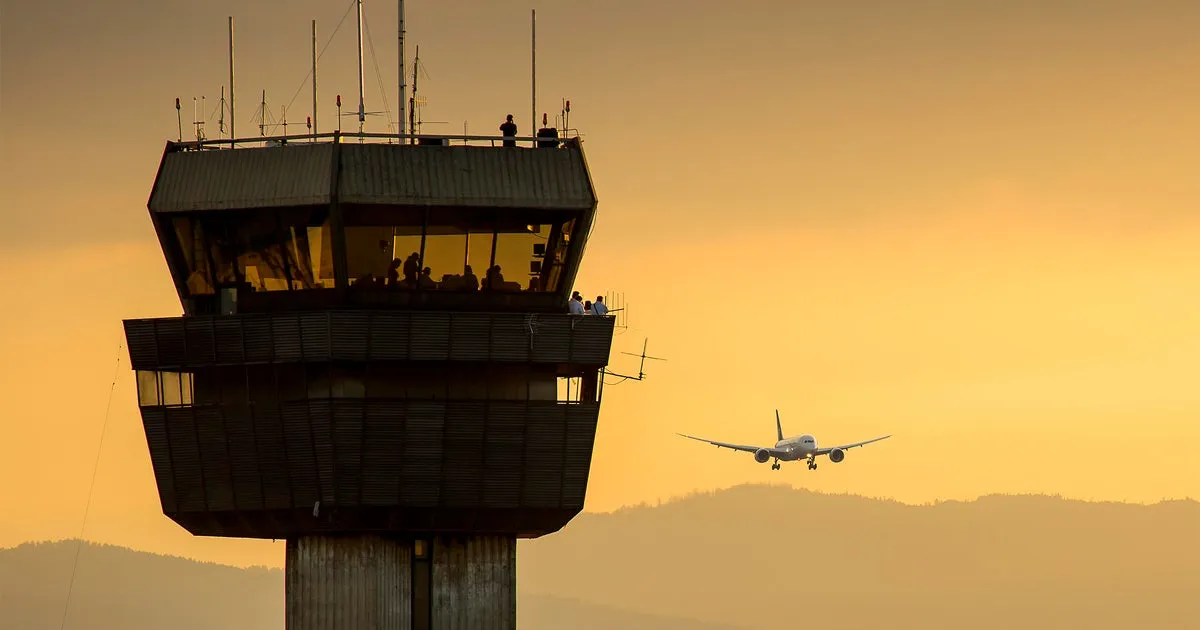
On Thursday, U.S. Department of Transportation Secretary Sean Duffy expressed serious concerns regarding the financial struggles faced by air traffic controllers during the ongoing government shutdown. Duffy highlighted the troubling reality that some controllers are taking on second jobs to meet their financial obligations, a situation that raises questions about the safety and efficiency of air traffic management in the United States.
During a press conference held by the House GOP at the Capitol, Duffy stated, "If you have a controller that's working six days a week, but has to think about, 'How am I going to pay the mortgage? How am I going to make the car payment? How am I going to put food on my kids' table?' they have to make choices." This stark reality indicates that many air traffic controllers are compelled to seek additional employment opportunities, such as driving for Uber or delivering food for DoorDash, to support their families.
Secretary Duffy’s remarks came on the heels of comments made by U.S. House Speaker Mike Johnson, who pointed out that air traffic controllers—essential workers tasked with managing the country's airspace—are required to work without pay during the government shutdown. Johnson noted that, over a recent weekend, approximately 19,000 flights were delayed, and another 1,600 flights were canceled, citing data from the flight tracking website FlightAware.
Duffy emphasized the critical need for air traffic controllers to concentrate solely on their demanding roles rather than juggling multiple jobs that could compromise their performance. "I don't want my air traffic controllers to take a second job—I want them to do one job," Duffy asserted. He openly acknowledged the financial strains that many controllers face while reiterating the importance of safe aviation practices.
As the government shutdown continues, Duffy warned that sporadic staffing shortages among air traffic controllers could lead to increased flight delays and cancellations. "It's not moving as many flights as possible; it's moving as many flights as possible safely," he explained. The Secretary made it clear that if conditions do not allow for safe operations, passengers can expect to see more delays and cancellations in the near future.
In summary, the ongoing government shutdown has not only placed a financial burden on air traffic controllers but also raised significant concerns regarding the safety and efficiency of air travel in the United States. As these essential employees face the dual challenges of financial insecurity and the demands of their crucial roles, the implications for air travel safety are becoming increasingly apparent.